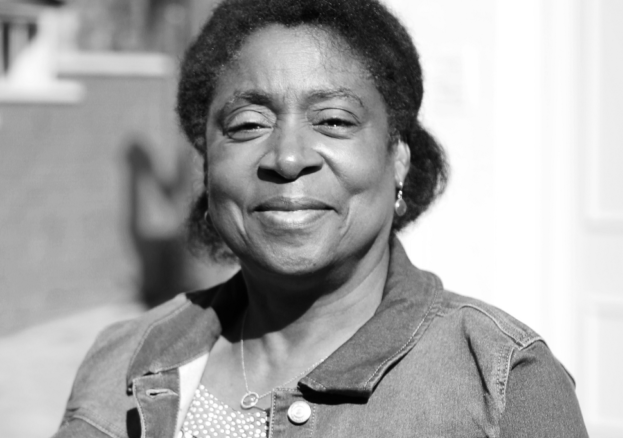2020 has held a mirror up to the world and forced many to see the reality of racism in all its guises. From Black people dying disproportionately in the pandemic, to the horrific murder of George Floyd and no justice for Breonna Taylor – the 26-year-old emergency medical worker killed by police in her own home.
In the UK, the scale and impact of institutionalised racism has been laid bare, with young Black men stopped and searched 20,000 times in London during the coronavirus lockdown (the equivalent of 1 in 4 young Black men), along with Black MPs, barristers, senior police officers, sportspeople and many more.
#BlackLivesMatter protests around the world sparked a commitment among many individuals and organisations to educate themselves about Black history, heritage and culture – as part of understanding racism and standing in solidarity against it.
If that commitment is to transcend beyond social media into real change, everyone, from all communities, needs to embrace Black History Month as a starting point for exploring, discovering and celebrating Black history, heritage and culture – both past and contemporary. From the incredible achievements and contributions, to the many untold stories and barriers to progress – the day-to-day reality of institutionalised racism.
Crucially, this year’s Black History Month is a time to shine a light on our shared British history and tell the whole story honestly and truthfully, to decolonise and reclaim history, and tell stories from the perspective of all people – not just the rich white men in power. The felling of contentious statues and monuments is just the start, now it’s time to ask communities how colonial objects and symbols are used to tell the true story of history.
Black History Month 2020 is also a time to look forward and celebrate the here and now – and the future possibilities. In years gone by, October has been the only time of year when the UK talks about the achievements of Black people in Britain. Hopefully, the events of 2020 will be a catalyst for Black history to be shared much more widely – in museums, galleries, schools, universities, public spaces and communities.
Black people have always made history and always will – but it’s equally important that Black people take the lead on how that history is discovered, explored, researched, recorded, archived, curated, exhibited and shared. That means supporting Black-led heritage organisations and professionals; making national and local institutions much more accessible and representative; and empowering communities to define and share what Black history means to them.
Black culture isn’t just a commodity to be appropriated and monetised, and Black history isn’t just a month to be ticked off a calendar dominated by a white-washed version of history.
Black History Month 2020 is a time for people to come together and hopefully learn lessons for the present and the future. It’s a time to honour the commitment to learning and standing united against racism. It’s a time to reclaim history and re-imagine how our shared history will be told in the future.
